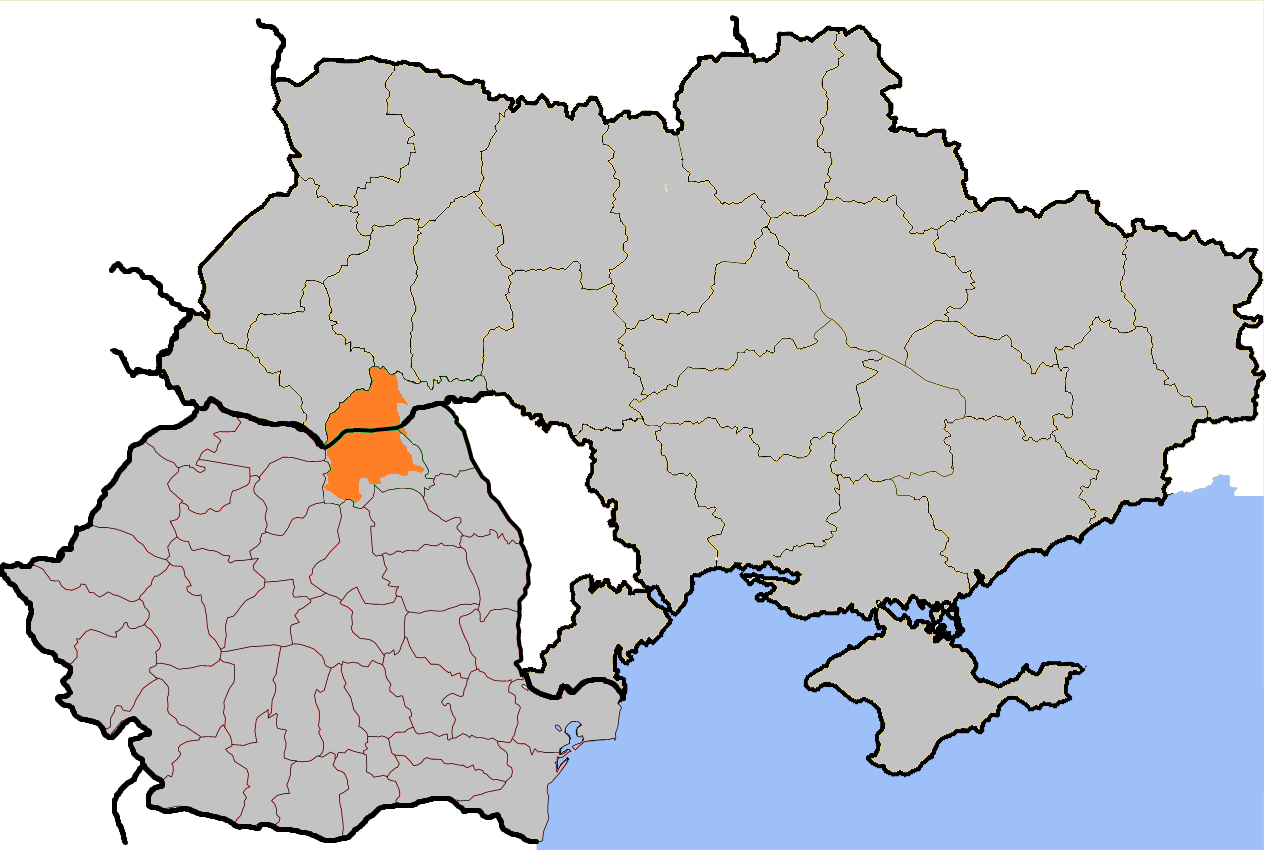|
Cântă Cucu-n Bucovina
"Cântă cucu-n Bucovina" or "Cântă cucu în Bucovina" () is a Romanian folk song, more precisely a doină, composed in 1904 by . The lyrics are original, while the melody is a modified Bukovinian mourning song. Mandicevschi composed it at the request of Spiru Haret for the 400th anniversary of the death of Prince of Moldavia Stephen the Great, which was commemorated in Putna (then in Austria-Hungary and now in Romania) in the same year. The song is also known as "Cântă cucul, bată-l vina" (), "Bucovină, plai cu flori" (), "Cântec pentru Bucovina" () and "Cântec despre Bucovina" (). Famous singers of the song include , Grigore Leșe and Valentina Nafornița. The song was sung in 2022 by a children's choir at the Antim Monastery during a meeting between the Georgian ambassador to Romania and the Romanian Orthodox The Romanian Orthodox Church (ROC; , ), or Romanian Patriarchate, is an autocephalous Eastern Orthodox church in full communion with other Eastern Orth ... [...More Info...] [...Related Items...] OR: [Wikipedia] [Google] [Baidu] |
Bucovina Romania Ukraine
Bukovina or ; ; ; ; , ; see also other languages. is a historical region at the crossroads of Central and Eastern Europe. It is located on the northern slopes of the central Eastern Carpathians and the adjoining plains, today divided between Romania and Ukraine. Inhabited by many cultures and peoples, settled by both Ukrainians (Ruthenians) and Romanians (Moldavians), it became part of the Kievan Rus' and Pechenegs' territory early on during the 10th century and an integral part of the Principality of Moldavia in the 14th century where the capital of Moldavia, Suceava, was founded, eventually expanding its territory all the way to the Black Sea. Consequently, the culture of the Kievan Rus' spread in the region during the early Middle Ages. During the time of the Golden Horde, namely in the 14th century (or in the High Middle Ages), Bukovina became part of Moldavia under Hungarian suzerainty (i.e. under the medieval Kingdom of Hungary). According to the Moldo-Russian Chron ... [...More Info...] [...Related Items...] OR: [Wikipedia] [Google] [Baidu] |

